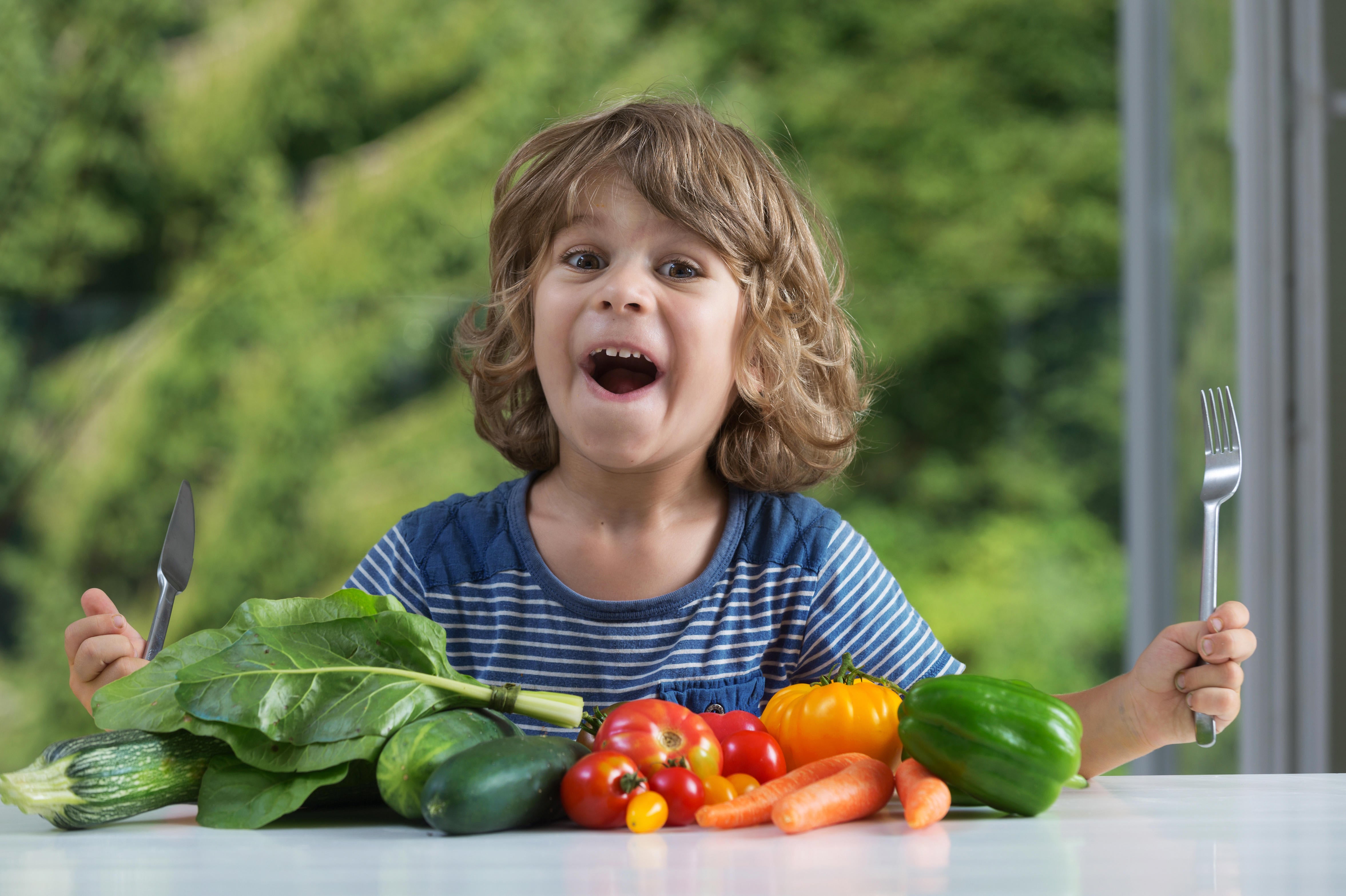What food should I give my child to help calm him down?
Nutritional neuroscientists Rachel Gow explains which foods can help and hinder a child’s brain, behaviour and mood.

Your support helps us to tell the story
From reproductive rights to climate change to Big Tech, The Independent is on the ground when the story is developing. Whether it's investigating the financials of Elon Musk's pro-Trump PAC or producing our latest documentary, 'The A Word', which shines a light on the American women fighting for reproductive rights, we know how important it is to parse out the facts from the messaging.
At such a critical moment in US history, we need reporters on the ground. Your donation allows us to keep sending journalists to speak to both sides of the story.
The Independent is trusted by Americans across the entire political spectrum. And unlike many other quality news outlets, we choose not to lock Americans out of our reporting and analysis with paywalls. We believe quality journalism should be available to everyone, paid for by those who can afford it.
Your support makes all the difference.Are there any foods I can give my child that might help to calm him down a bit?
Nutritional neuroscientist Dr Rachel Gow, author of Smart Foods for ADHD and Brain Health, says: “Feeding a child’s brain correctly is super-important because early child brain development is critical for so many reasons.
“Children who are fed foods rich in specific (brain-selective) nutrients such as healthy and essential omega-3 fats as well as foods containing zinc, magnesium, iron, iodine, beta-carotene, selenium, B-vitamins and so on have better overall outcomes in terms of health, IQ, social skills, visual acuity, sleep, problem-solving and cognitive performance.
“Learning how food can affect the brain will help you make conscious and more deliberate choices about how you feed a child’s brain.
“Avoiding white, refined sugar (described by my good friend Professor Robert Lustig as ‘the alcohol of the child’ because of the way it activates the reward circuitry of the brain and releases a hit of our brain chemical dopamine which increases risk for addiction), and junk and ultra-processed foods is critical.
“Children habitually eating junk food diets have a higher rate of problematic and antisocial behaviours as well as poorer performance in cognitive tests.
“Some healthy foods to include in your child’s diet which can help regulate brain function include oily fish such as wild Alaskan salmon.
“Oily fish and seafood provide brain-essential omega-3 fatty acids which help regulate the neurotransmitters associated with mood and wellbeing. In addition, the omega-3 DHA is critical for a process called cell-signalling, which helps communication throughout the brain.
“I would also consider making an organic bone broth/soup which is extremely nourishing and helps repair the gut which we now know is our second brain.
“The relationship between the gut and the brain is known as the gut-brain axis because the gut makes at least 85% of our feel-good chemicals, such as serotonin, which are critical for behaviour and mood.”
Smart Foods for ADHD and Brain Health by Rachel Gow, is published by Jessica Kingsley Publishers, priced £16.99. Available now.